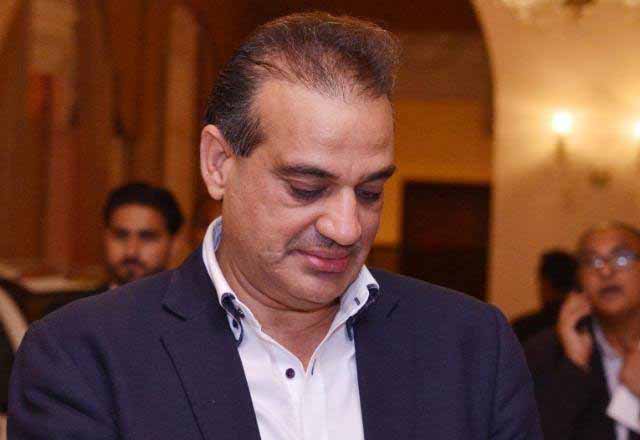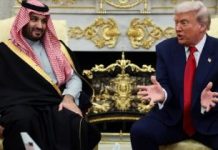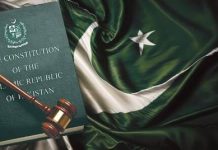Electioneering is gaining momentum as the election day, July 25th, draws near. The political parties have had ample time to prepare themselves for the reckoning at the hustings. The PML-N would like to perform well in order to return to Islamabad. The PTI and the PPP would also try to put up a good show so that they could form the next government. While the tug-of-war to get control of Islamabad is likely to intensify in the coming days, the mind boggling question for all and sundry is, who will form the next government? Whether the PML–N shall be able to regain power or PTI will hold sway this time.
PPP, that seems nowhere in the game, at least in the Punjab, too is desirous of forming the next government. In Sindh, ostensibly PPP is better poised as compared with other parties but the situation is still murky. Would it be able to form government in Sind single handedly? Or perhaps a coalition government may come to the fore. PTI is expected to perform well in Sindh this time.
The return of the PML-N to power, happens to be a million-dollar question. Various indicators suggest the PML-N may not be able to form the next government, at least at the Center. Historically speaking, the ruling parliamentary governments have never returned to power for the second consecutive term, mainly because of the incumbency factor. Respective governments have performed so badly that the voters and powers that be, never allowed them to come to power again. The PML-N is facing a similar predicament.
The international establishment does play a cardinal role in making or breaking governments in Pakistan. Some pundits opine that the West would like to see PML-N back into power with Shahbaz Sharif as the next prime minister. Outside forces normally operate through the “local facilitators”. This time, however, their “local facilitators” happen to be visibly inclined to the other side of the divide. Such outside forces always prefer supporting corrupt leaders for it is easier to deal with a compromised leadership. Additionally, massive desertions within the PML-N, institution of numerous corruption cases and estranged relations with the national institutions may not be helpful for their smooth sailing. Political analysts believe the PML-N may opt for polls boycott if it reaches a conclusion that it cannot win good number of seats.
PTI on the contrary seems better placed in the upcoming elections despite the fact that it is undergoing huge internal rifts. Inter alia, PTI’s plus point is the sheer lack of credible options available to the electorates. Secondly, with plenty of electables now in the pocket of PTI, it is expected to win more seats as compared with the 2013 elections. If it does not get a simple majority then it may form a coalition with PML Q, Independents, MQM, PSP etc. to form the government. Alliance with PPP at the Center would perhaps be their last option. And if the numbers are right, the PPP and the PML-N would effortlessly form an alliance to form the government at the Center, but at least at this stage this kind of arrangement appears to be a remote possibility.
The PTI is also expected to perform much better in the Punjab Assembly. The PML-N may, however, still be the leading party and favourite to form the government. But keeping in view the recently held Senate elections, where PML-N could not get its Chairman it will be able to retain Punjab, even though its position is much better than the others. With regards to KPK and Baluchistan, no significant change is likely to be witnessed.
The religious parties, coalesced under the banner of the dormant Muttahida Majlis-e-Amal (MMA), are ready to test their muscles too. While they are not expected to take away many seats, however, they have the potential to cause damage to the PML-N vote bank. In the past, religious parties had generally supported the PML-N or contested elections with the PML-N. But this time they have decided to contest on their own, which of course should be a worrying factor for the Muslim Leaguers.
Electioneering does play an important role in building public opinion. The last week before the elections is quite significant. The political parties with meaningful election campaigns can undoubtedly cause upsets and topsy-turvy the projected results.
Anyhow, whosoever forms the government, basic issues of masses such as education, healthcare, cheap and speedy justice; better law and order needs be resolved on priority. And this is the simple formula for any incumbent government to secure a second consecutive term!!












